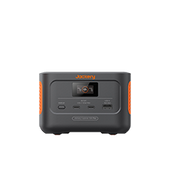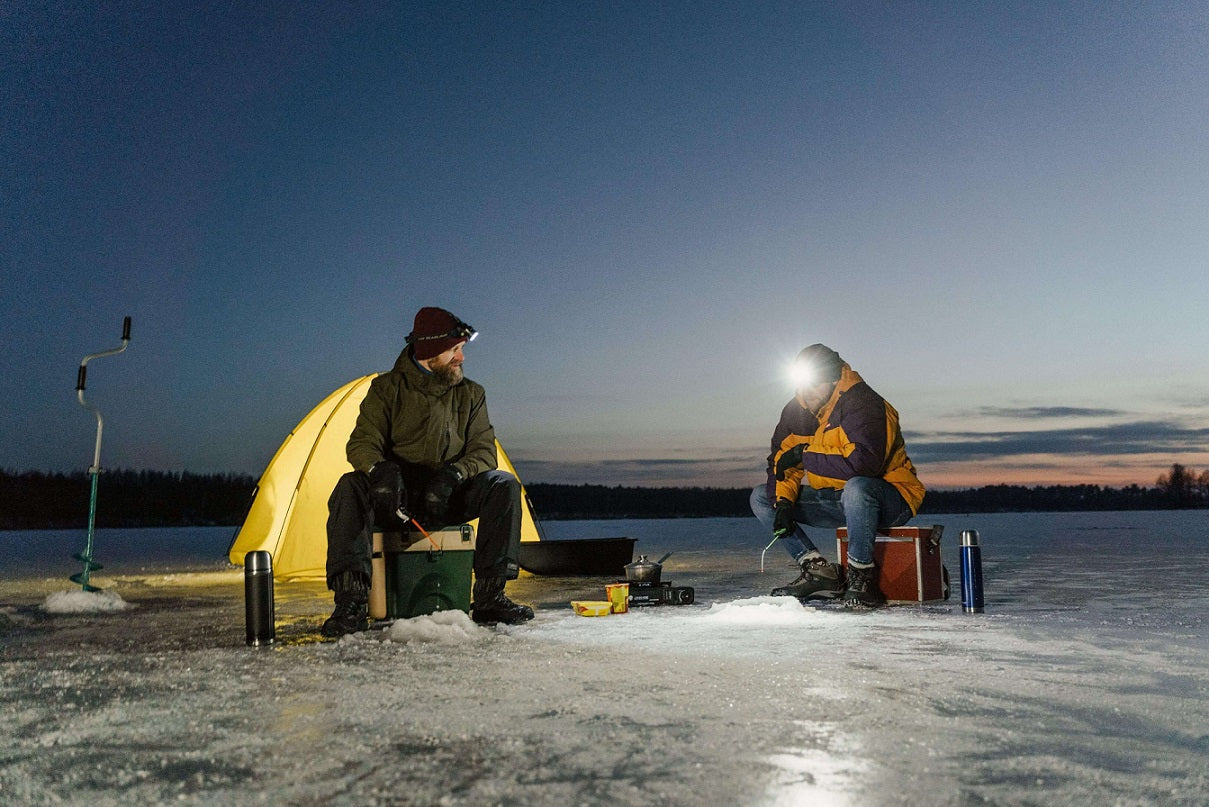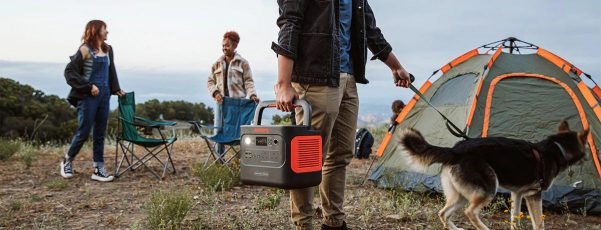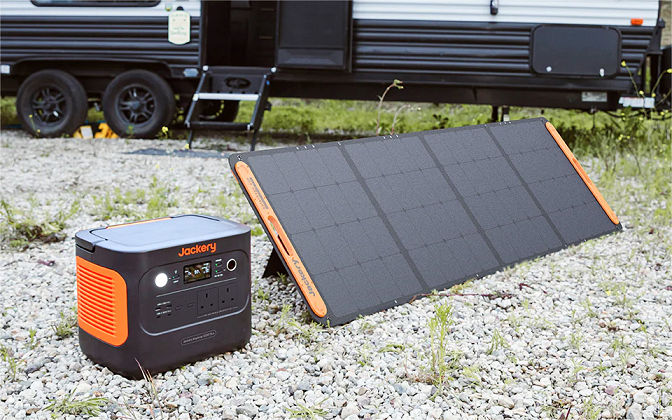If you are looking for a quiet escape this weekend, camp on a lake for an experience that is truly rewarding and beneficial for your mental and physical health. Urban dwellers seeking a break from the hectic city life particularly prefer such solo getaways. After all, sometimes you need a break from the endless cycle of commuting to the office, going home and then back to work again. If you are new to lakeside camping, this guide has everything you need to know!
Why Solo Camping on a Lake Is the Perfect Escape
Do you know why lakeside camping is so popular? Well, here are the top reasons why:
The Mental Health Benefits
Lakeside camping offers solitude, mindfulness, and allows you to reconnect with nature. Modern life rarely grants us the same opportunities. That is why the decision to camp on a lake is so popular among those seeking therapeutic outdoor experiences. Studies even show that spending time outdoors can be incredibly therapeutic and allow you to unwind.
Individuals who wish to relax the mind, if only momentarily, prefer solo lakeside camping. It allows you to liberate yourself from the confines of urban living and offers the space for authentic self-reflection. Besides, it’s also much better than being glued to your screen for the entire weekend!
Lakeside Settings are Ideal for Quiet Retreats
Lakesides are usually far away from the hustle and bustle of city life, so you can expect there to be a semblance of peace and quiet. Such retreats are hard to find, as most recreational spots are typically overcrowded on the weekends. This is not the case with lakesides, which tend to be more or less regulated to ensure the local habitat is not disturbed. All you will be getting is birdsong, the slow rhythms of waves, and starry nights.
It Trumps Other Vacation Destinations
When you camp on a lake, you are choosing an environment specifically designed for tourists who enjoy quiet, unlike crowded campgrounds or city parks. Now, you might think mountain camping and hiking offer the same benefits, but they are far too physically taxing and can even be challenging for beginners. Lakesides, in contrast, are ideal for all types of campers, travellers, or even regular folks!
Ideal for Introverts and Creatives
If you are new to the outdoors and looking to camp on a lake, lakeside settings are perfect for all types of campers, from introverts and creatives to anyone needing a break from the grid. These destinations allow you to recharge yourself after spending time in social, crowded settings. Social interaction can be pleasant, but it's okay to want a break from time to time. Plus, there is no better place to get the creative juices flowing.
Planning Your Solo Lake Escape
Now that you know the many benefits that come from lakeside camping, let’s discuss how to begin planning your solo lake escape!
How to Choose the Right Lake:
First things first, you need to choose the right lake for your getaway. To ensure your experience when you camp on a lake is safe and enjoyable, consider the following factors:
- Accessibility vs. seclusion: This is one of the first things you should consider. Many new travellers might think the more secluded the lake is, the better; however, that also translates into more travelling. You should consider whether you have experience with travelling to remote areas and, more importantly, whether you are comfortable doing so. If not, you can just as easily find a more accessible site with lakeside options.
- Regulations: There are two types of lakeside camping destinations you can go for—those which are regulated by UK organisations or those which are not, i.e., wild camping. Regulated camping is always easily accessible because most states do not allow wild camping with overnight stays. You should always research the location first to check if overnight camping is permissible.
- Scenic appeal and safety: The scenic appeal of a lakeside must also be given due attention. You want to choose a spot that offers you clear, unobstructed views of the lake, especially the setting sun or early sunrises. However, you should not choose scenic appeal over safety. Ensure the area is safe for camping overnight. This might not be a problem in regulated areas, but in wild areas, make sure the area is not at risk of wild animals crawling into your camp.
Best Solo-Friendly Lakes in the UK:
Here are some of the top solo-friendly lakes in the UK you should consider exploring if you seek to camp on a lake:
- Buttermere, Lake District: Buttermere, Lake District in North West England, is housed in the classic U-shaped glacial valley that houses not one but three lakes. This lake is 1.24 miles (2 km) long, 620 yards (570 m) wide and 75 feet (23 m) deep, known for its solitude and serenity, which attracts solo travellers from all over the country. We recommend this for beginners as the site offers regulated camping facilities and, if you get the right opportunity, wild camping opportunities as well.
- Loch Morlich, Scotland: Loch Morlich is a large freshwater loch which sits at the foot of the Cairngorm Mountains in Scotland. It is known for its sandy beaches and beautiful waterfront sights. You will find several opportunities to enjoy water sports during your stay. In the vicinity are several wild camping areas and hiking trails that take you through the mountains.
- Llyn Gwynant, Snowdonia: Llyn Gwynant is a 120-acre (50-hectare) lake in Snowdonia, Wales, in the very heart of Eryri National Park. This lake is now a popular camping destination with additional lakeside bays where you can park larger campervans. It is also considered one of the largest lakes in the region, with depths comparable to those of other lakes in the area, but with somewhat cold currents. However, the modern facilities make it an attractive site for visitors.
- Rutland Water, East Midlands: Rutland Water in the East Midlands is a natural water reservoir located in England, known best for the wide range of outdoor watersports it offers. The lake covers around 3,100 acres of land and is one of the largest lakes in the area. There are regulated campsites nearby which provide easy access to famous walking paths, local shops, and pubs. The designated camping areas make it ideal for less experienced campers.

Essential Gear for Solo Lake Camping
You can’t adequately prepare to camp on a lake until you have got your gear for camping list in order.
Lightweight Solo Tent and Sleeping Gear
The tent is perhaps the first thing you should get in order, unless you are bringing along a caravan or RV. Make sure the tent is lightweight so it can be easy to set up where you camp on a lake. However, it should also be sturdy enough to withstand the elements and provide good ventilation. Luckily, models that are specifically designed for solo use are not hard to find. Alongside it, you should bring along sleeping gear that will keep you comfortable even with changing temperatures.
Cooking Setup
Next, you should invest in a quality cooking setup, which should include a compact stove, utensils and the necessary items to make your meal. It helps to prepare your food early on, such as preparing meat marinades, chopping up vegetables, and placing snacks in ziplock bags. The right cooking equipment should be portable and easy to use outdoors. This is why most people who camp on a lake now prefer electric stoves over traditional coal or woodfire setups.
Water Filtration and Safety Essentials
Water is crucial when you are camping, but think twice about drinking flowing water directly from the source. You should always bring a reliable filtration system to filter the water for safe cooking and drinking. Additionally, this will prevent the need for bringing along water of your own, therefore reducing your total luggage.
Remember, you want to keep safe during your trip, so be prepared with an emergency first aid kit, insect repellent, and a flashlight with a spare set of batteries or a portable power station. These items are just as crucial to keep you safe and healthy.
Navigation
Getting to your campsite will require expert navigation skills. This is why you should not only rely on Google Maps or similar services, but should have offline maps stored with you as a part of your camping gear checklist. It should also be backed up with paper maps and a compass to ensure you can find your way around if you lose your phone or your GPS. It is always better to be appropriately prepared in the event of an emergency.
Lighting
Lakeside camping during the night can offer spectacular views of the night sky. However, you still need lighting for your night activities, from cooking food to ensuring you have enough illumination for safety. Keeping a headlamp, for instance, can be particularly helpful so you can work with your hands free. A torch or hand light, as you might figure, is not as effective. Here we must also focus on ambient lighting, which can make your evening much cosier. We recommend ditching the candles, which pose a fire hazard, and bringing your LED lights instead.
Comfort Extras
Don't forget to pack the essentials you will need for comfort. This can include a journal, your favourite book to read, a camping chair, or even a hammock in which you can sway gently to pass the time. Even the smallest efficiency can make your lakeside experience truly relaxing.

Powering Your Solo Adventure with Jackery
Camping is a relaxing activity, but it can be a challenge if you are not adequately prepared. The main challenge is the lack of power. If you do not have power, how will you be able to run your essential electronics, including your phone, GPS, lighting, refrigerator, and camera? You’ll be pleased to know that we offer a wide range of portable power stations that you can use to keep yourself connected throughout your solo lakeside excursion!
Jackery Explorer 300 Plus Portable Power Station
For those who seek a beginner-level portable power station, we recommend the Jackery Explorer 300 Plus Portable Power Station. It is a compact and portable power station with a 288Wh battery capacity. This mini power station will allow you to power small electronics throughout your camping trip. You can connect it to solar panels during the day or plug it into campsites at night.
Jackery Explorer 1000 v2 Portable Power Station
If you want a portable power station with a much larger battery capacity, we recommend the Jackery Explorer 1000 v2 Portable Power Station. This offers a 1070-watt-hour battery capacity, nearly double that of the model above. You can use it to power even larger-duty devices such as your coffee maker, portable refrigerator, drone, and electric grills. The best part is that it operates quietly, like most Jackery devices, so you won't disrupt the natural wildlife during your stay.
Staying Safe While Camping Alone
Beyond camping gear needs, it's necessary to keep yourself safe by taking certain measures. These include:
Let Someone Know Your Plan and Return Time
When planning a solo trip to camp on a lake, it's essential to inform someone about your plan, including your destination and expected return time. It is also necessary to provide detailed information to at least one trusted contact who can reach out to you in case you are not back in time. Don’t fret, this is just a necessary precaution that all individuals should make.
Emergency Contact and Signal Tips
Spotty connection isn’t unheard of during lakeside trips. That is why it is necessary to have backup communication tools in case your signal breaks. For instance, keep a handy radio nearby or consider the weather while scheduling your trip so you can come and go easily. Additionally, you can research areas that have poor coverage to make sure you steer clear of them.
Weather Awareness
Since you’ll camp on a lake where water levels can change, it’s important to understand local weather patterns. Lakesides tend to overflow during the rainy season. This might not be the best time of the year to head over. Furthermore, if you are travelling solo, it's even more important to have a good understanding of local weather patterns.
Animal Safety
Whenever you spend time outdoors, always adhere to Leave No Trace policies. This includes not littering in your environment and keeping wildlife safe. If you spot any animals during your visit, try to maintain a safe distance, learn not to harm them, and avoid making them uncomfortable.
Trusting Your Instincts and Knowing When to Move
Finally, you’ll be surprised at how helpful your instincts can be. If you get the feeling that the location you are at is unsafe for one reason or another, try to trust that instinct. There is no harm in retreating and then assessing the situation. Experienced solo campers tend to build this instinct over time.
Creating the Perfect Lakeside Moment
What makes the perfect moment when you camp on a lake? Well, here are a few tips to get you started!
Morning Coffee By Still Water
In the early mornings, wake up to a steaming cup of coffee near the lakeside. Sit near the water and experience these moments without having to worry about navigating schedules or rushing through your morning routine.
Sunset Journaling or Sketching
During the evenings, as the sun sets towards the horizon, bring out your journal and try your hand at putting down your thoughts on paper. Sketching, writing, or simply contemplating the day’s experiences will allow you to truly enjoy your time as you camp on a lake.
Stargazing Without Light Pollution
At night, you'll be free from light sources that tend to obscure the dazzling starry displays. It's a moment you can't miss when you camp on a lake. That is why you should make full use of the dark skies and look at the stars in all their beauty.
Wild Swimming or Paddleboarding (If Applicable)
Some camping sites will also allow you certain waterfront activities such as wild swimming or paddleboarding. If you are at a regulated site, this can be much more easily available, but if you are solo travelling, you should be a bit more careful in your approach.
Creating A Mindful Solo Routine
Remember, this is the moment for you and you alone. That is why you should get creative and create a mindful solo routine that serves you. Don't worry about schedules; instead, choose a routine that fits your needs and natural impulses. The exact schedule will ultimately depend on what you want—whether it be solitude, special connection, or simply physical rest.
Final Thoughts
The choice to camp on a lake by yourself can be a truly transformative experience. However, this depends on whether you are adequately prepared and if you choose the right lake. Even with everything in order, you will be surprised at how hectic your routine can get if you lack something as simple as power. To make your experience truly relaxing, you should bring along solar power for camping. Explore Jackery’s range of offerings to find the perfect fit for you!

































































































